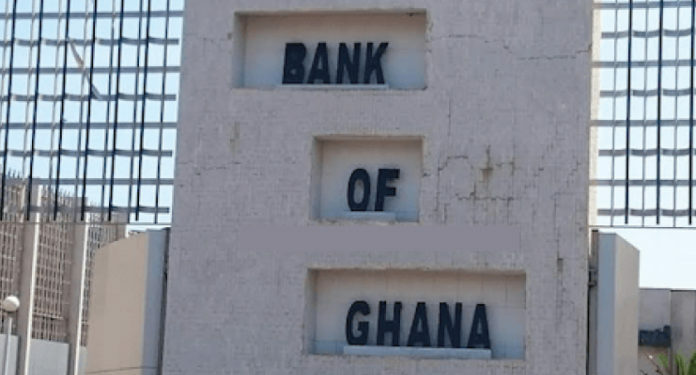World Bank Ranks Ghana’s Prime Rate as Highest in Africa
Ghana’s monetary policy rate also known as the prime rate, currently standing at 27% is the highest in Africa, according to the World Bank’s latest Africa Pulse Report released in October 2024.
The Bank of Ghana, alongside other central banks in the region, has maintained elevated interest rates as part of a broader strategy to tame persistent inflationary pressures and stabilize local currencies.
The report points to countries such as Angola, Nigeria, and Sierra Leone, where inflation remains in double digits, as examples of economies likely to sustain high policy rates. In these nations, currency depreciation, slow fiscal adjustments, and cost-push inflation continue to exert pressure on policymakers to keep a hawkish stance.
Ghana, Nigeria, and Ethiopia are identified as some of the worst performers this year, with their currencies continuing to slide amid robust demand for foreign exchange.
Despite the challenging backdrop, the World Bank notes that some African countries could be nearing the end of their tightening cycles.
Per the World Bank report, a stabilizing inflation outlook may allow central banks to begin cutting rates. However, entrenched inflation and the need to firmly anchor expectations could push back the timeline for any easing.
In Ghana, the Bank of Ghana recently cut its policy rate by 200 basis points to 27% in September 2024, marking its second rate reduction since 2021.
This followed projections by Fitch Solutions, which in August had anticipated a rate cut but revised its end-2024 forecast upwards from 25%, citing cedi depreciation and the central bank’s cautious tone.
The Bank of Ghana’s delicate balancing act—anchoring inflation while managing significant currency pressures—highlights the ongoing economic headwinds facing Ghana, with interest rates expected to remain elevated for some time.







